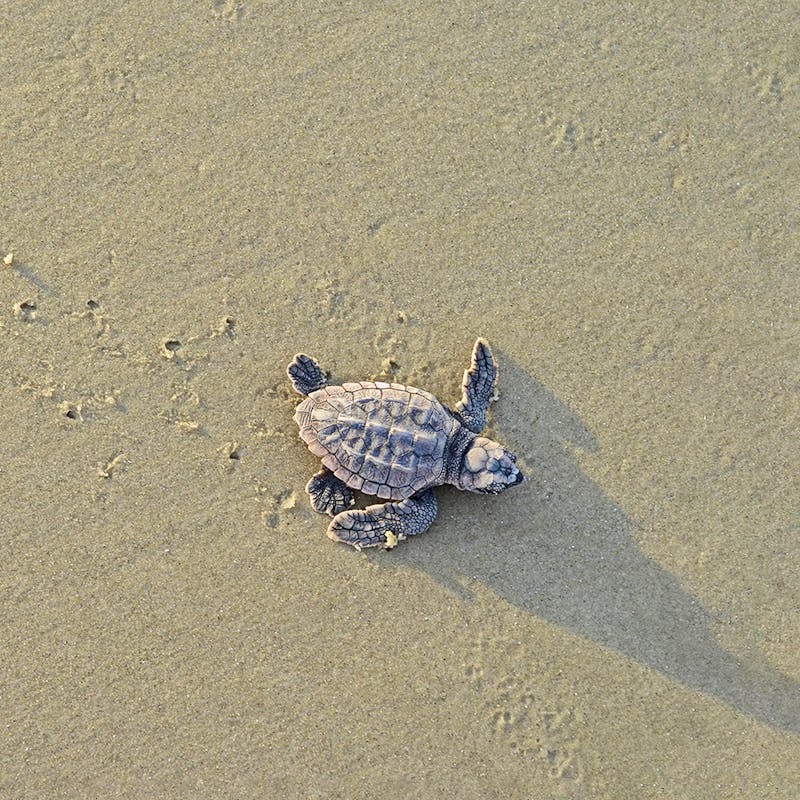Last week, the Trump administration moved forward with a 78 million acre lease sale in the Gulf of Mexico. This rush to drill comes right before the 10th anniversary of the Deepwater Horizon oil spill disaster that occurred on April 20, 2010.
The blowout from Deepwater Horizon lasted 87 days, killed 11 people, and spilled more than 210 million gallons of oil. The impacts to wildlife were severe. Through Nov. 1, 2010, wildlife responders had collected 8,183 birds, 1,144 sea turtles, and 109 marine mammals affected by the spill — alive or dead, visibly oiled or not. And those are only the animals we saw; science tells us that the spill’s short-term and long-term effects were catastrophic at all levels of the food web.
History will likely repeat itself. Over the past two years, the Trump administration revoked the ban on offshore drilling in particularly sensitive locations that President Obama had declared and rolled back major offshore-drilling safety regulations that the Obama administration implemented after six years of consulting with scientific and technical experts and several rounds of public comment. The Trump administration has also proposed regulations to cement into law a hotly-disputed legal opinion declaring that the Migratory Bird Treaty Act (MBTA) does not protect migratory birds from harms caused by industrial activities, dramatically undercutting the law’s ability to conserve birds.
The Deepwater Horizon oil spill disaster killed more than 1 million birds over four years following the blowout. BP paid $100 million in fines under the MBTA, money that has been used to restore wetlands along the Gulf Coast region and support migratory bird conservation. Under the Trump administration’s new interpretation, however, the government would not seek the same compensation to restore wildlife habitat for devastating oil spills.
Back in 2010, Defenders of Wildlife was one of three conservation groups that filed a lawsuit against BP under the Endangered Species Act challenging the government’s decision to move forward with more drilling without accounting for the species impacts the BP blowout caused.
At the time of the lawsuit, Former president and CEO of Defenders of Wildlife Jamie Rappaport Clark said, “It is unacceptable to move forward with exploratory drilling plans as our nation continues to pour all available resources into attempts to stop the hemorrhaging of oil into the Gulf of Mexico.
Clark continued, “At a bare minimum, a real timeout should be put in place until the Presidential Commission has finished its essential investigation into the safety of offshore drilling and the ability to prevent any spills in the future. But ultimately, the only way to truly safeguard our coasts is to reinstate the presidential moratorium against new offshore drilling, and extend it to cover all our nation’s waters.”
The Trump administration has deliberately blinded itself to the hard lessons of past experience. “We all know it is not a question of if a spill will occur, it is a question of when,” said Jane Davenport, attorney with Defenders of Wildlife. “It’s obvious that the Trump administration, in its rush to drill, will once again repeat history and do nothing to protect our wildlife, coasts and environment from the next big spill.”
For over 75 years, Defenders of Wildlife has remained dedicated to protecting all native animals and plants in their natural communities. With a nationwide network of nearly 2.1 million members and supporters, Defenders of Wildlife is a leading advocate for innovative solutions to safeguard our wildlife for generations to come. To learn more, please visit https://defenders.org/newsroom or follow us on X @Defenders.
Media Contact
News

Defenders Receives Advocacy Organization of the Year Award

